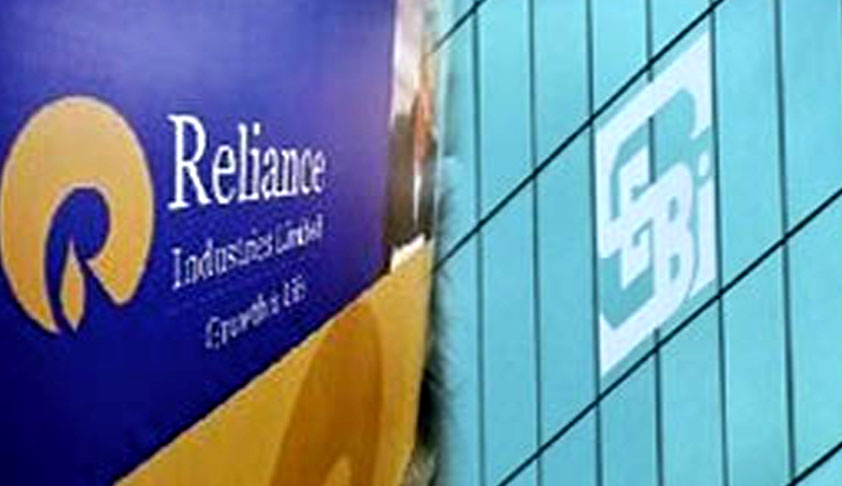RIL appeal against SEBI dismissed by Securities Appellate tribunal
Apoorva Mandhani
30 Jun 2014 10:34 PM IST

Next Story
30 Jun 2014 10:34 PM IST
The Securities Appellate Tribunal today upheld a 110 million rupees ($1.83 million) penalty imposed on a unit of Reliance Industries Ltd (RELI.NS) by the Securities and Exchange Board of India (SEBI) in a seven-year old insider trading case. This was the largest ever fine imposed by SEBI. A full bench of the SAT, headed by presiding officer JP Devdhar, said Reliance's application is...
